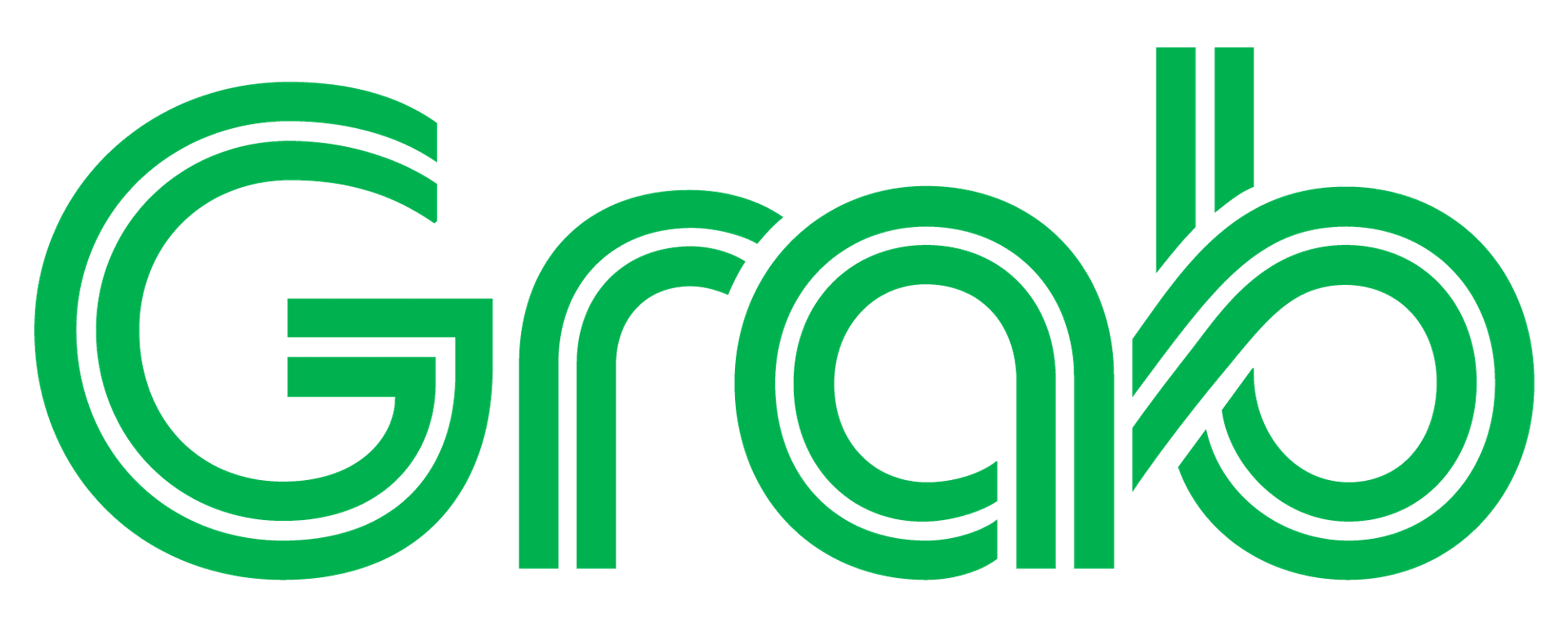
Grab Holdings Limited (NASDAQ: GRAB) today announced a new target as part of its Environment, Social and Governance (ESG) commitments. Aimed at tackling Southeast Asia’s packaging waste problem, Grab is committing to achieve zero packaging waste in nature by 2040.
“We recognise that food packaging waste is an inherent by-product of our food delivery platform. Change has to happen throughout the value chain, and we are committed to proactively seeking and developing sustainable, inclusive answers. This means both being introspective, while working with other parties in the ecosystem such as regulators, packaging manufacturers, waste management firms, merchant-partners, and consumers,” said Cheryl Goh, Group Head of Marketing and Sustainability, Grab.
Grab has mapped out a two-phase approach to reach its waste target. In Phase 1, Grab will focus on reducing overpackaging and replacing single use-plastics with compostables. The company will also work on developing reverse logistics mechanisms to increase the adoption of reusable and recyclable packaging. This builds on efforts that have begun since 2019 to encourage consumers to opt out from receiving single-use cutlery for their food delivery orders. To date, Grab has saved more than 23,800 tonnes of waste, with 898 million sets of cutlery weighing 8,088 tonnes saved from 2022 alone. Phase 1 will run until 2030, with the aim of having 30% of plastic packaging diverted by then.
Phase 2 will focus on developing long-term scalable solutions to contribute towards a circular economy by performing proper waste collection and supporting the use of reusable packaging, enabling Grab to achieve its target of zero packaging waste in nature by 2040.
Grab’s latest ESG report also tracked the company’s impact in 2022 across key priority areas:
Grab continues to create opportunities for everyday entrepreneurs to build sustainable livelihoods. 30% of Grab driver-partners surveyed say they were not earning an income before joining Grab. Today, 72% of Grab’s driver-partners earn from more than one service on the Grab platform. Grab has also continued its efforts to bring small businesses online, onboarding 658,000 small merchant-partners in 2022. Small businesses on the Grab platform saw a 26 per cent increase in their monthly earnings on average, after one year of being on the Grab platform. Beyond earnings, Grab provides upskilling opportunities, with 1 million partners having taken at least one upskilling course offered via Grab in 2022. In total, Grab partners earned US$10.6 billion through the platform in 2022, a 19 per cent increase from the year before.
Grab maintains a safe and trusted platform as a top priority. In 2022, 99.99% of Grab rides occurred without incident; 5.5x safer rides regionally when benchmarked against Singapore Land Transport Authority’s QoS standards. New safety features rolled out in 2022 include AudioProtect and QuietRide.
Grab is accelerating efforts towards carbon neutrality, reducing 48,000 tonnes of emissions in 2022 through zero or low-emission modes of transport as well as through optimisations such as batched deliveries and shared rides. About 50% of Grab deliveries in Singapore are made on zero-emission modes of transportation. Grab has ~13,000 low emission vehicles as part of its rental fleet regionally, including a 100% two-wheel EV fleet in Indonesia, where Grab is the largest EV ride-hailing fleet operator.

 iConnectHub
iConnectHub
 Login/Register
Login/Register Supplier Login
Supplier Login



























